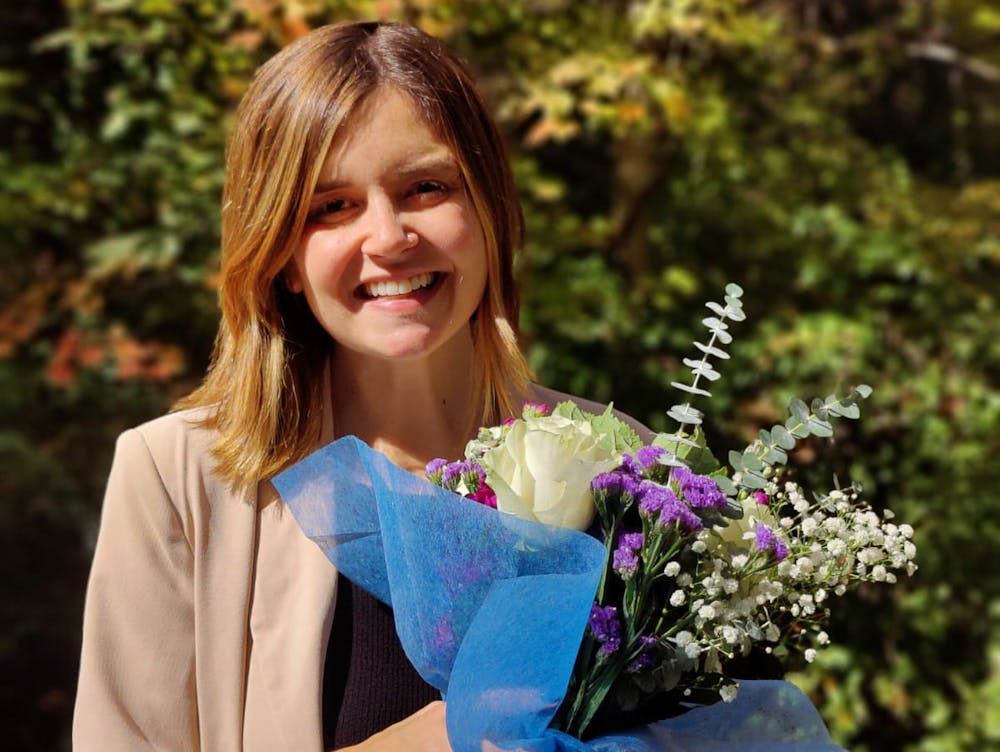Despite the hundreds of miles that separate them, Teaching Assistant Professor Caroline Sibley’s Advanced Arabic class is using virtual reality technology to hone their language skills with students in Morocco and Algeria.
Using Google Cardboard VR headsets, Sibley’s students “land on” clues within virtual realities that explore the histories and cultures of Morocco, Algeria and Arabic-speaking communities in the U.S. These clues, which include clips of songs and photographs, initiate conversations and perspective-sharing in Arabic between Sibley’s students and their global partners on Zoom.
The real-world VR scenes range from archeological digs in the Middle East to a famous Arab-American bakery in Dearborn, Mich.
Sibley said her students come together with people from global communities to work on their presentation, communication and intercultural competency skills.
This experience is part of Florida International University’s Tabadul program, which focuses on language learning and community building through VR.
When Sharmila Udyavar, the associate director for global education in the Office of the Vice Provost for Global Affairs, heard about the program from a colleague at FIU, she shared it with the Arabic language faculty.
“Caroline is the one who took it and ran and brought it to her class,” Udyavar said.
The program is funded by the Department of State’s Stevens Initiative. The program aims to build global competence for students in the U.S., along with the Middle East and North Africa region by “growing and enhancing the field of virtual exchange.” According to its website, the Tabadul program currently has 1,200 participants worldwide.
“It’s kind of like having a conversation with a friend, to be honest,” LeeAnn Zainy, a junior double-majoring in political science and global studies, said. “You sit there and you talk about your day, and you’ll start to see some cultural differences and a lot of cultural similarities that you might not have expected as well.”



